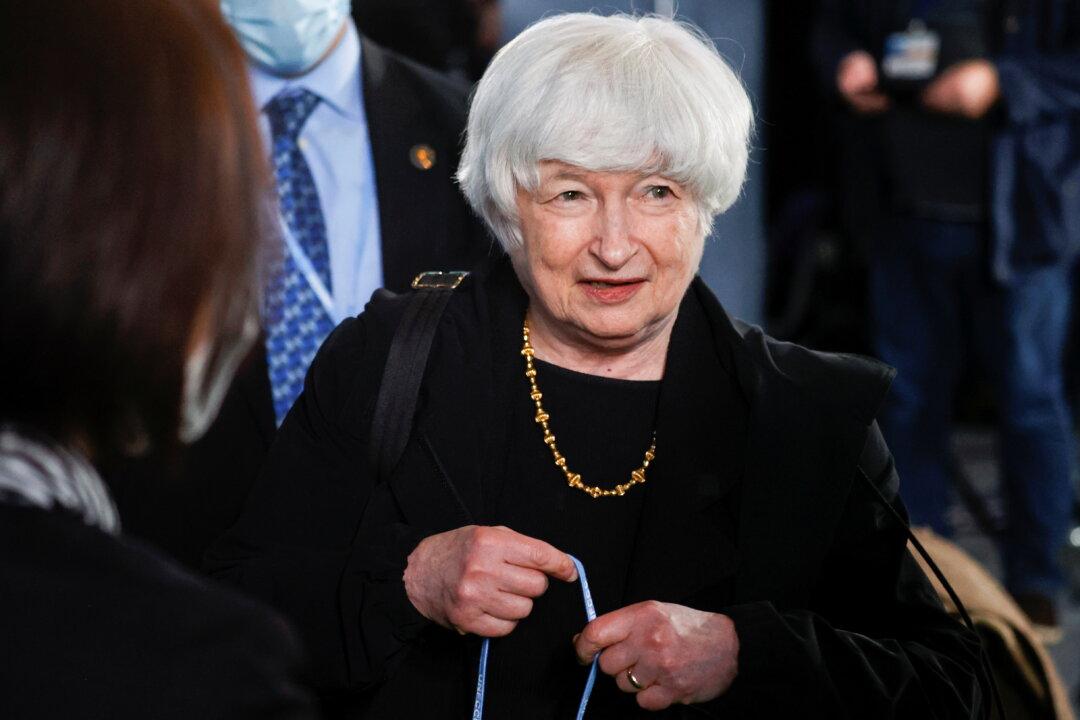U.S. Treasury Secretary Janet Yellen is traveling to China this week for talks with senior Chinese officials, the Treasury Department said on Sunday. Yellen will be the second highest-ranking U.S. official to visit China in weeks as the United States attempts to improve ties with China’s ruling communist party.
Yellen will travel to Beijing from July 6 to July 9 as part of the Biden administration’s efforts to “deepen communication” with the Chinese Communist Party (CCP) on the global macroeconomy and financial developments, the Treasury Department said in a statement.





